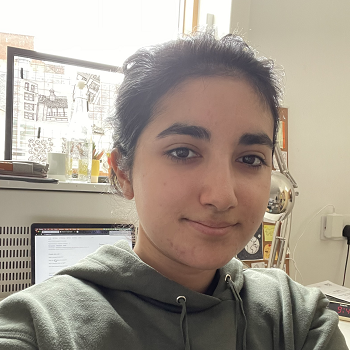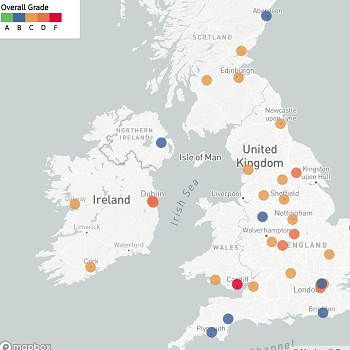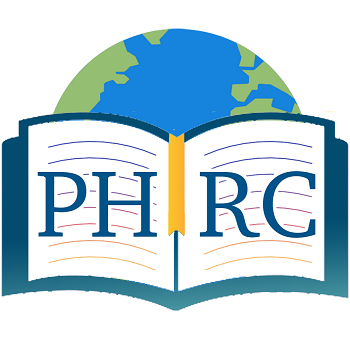 In November 2021, five medical students volunteered to undertake the Planetary Health Report Card, a tool designed for medical students to assess their school in the areas of planetary health and sustainable healthcare education. Y4 student, Zari Bhatti provides an insight into what the assessment entails, why it’s important and what she’s learnt along the way.
In November 2021, five medical students volunteered to undertake the Planetary Health Report Card, a tool designed for medical students to assess their school in the areas of planetary health and sustainable healthcare education. Y4 student, Zari Bhatti provides an insight into what the assessment entails, why it’s important and what she’s learnt along the way.
The Planetary Health Report Card initiative focuses on five categories: curriculum, research, support for student initiatives, community outreach and campus sustainability. By using a standardised scoring system with metrics in these five areas, the report card allows comparisons to be made between medical schools and within a medical school over time.
In 2020 to 2021, 62 medical schools took part across the UK, Ireland, USA, and Canada. In the UK, scores ranged from a respectable B at Keele to an unsettling F+ at Cardiff University. The University of Edinburgh achieved an overall score of C+, placing us within the higher end of average. However, this score corresponds to 40-59%, indicating sizeable room for improvement particularly in the areas of curriculum and community outreach.

For the 2021-2022 report card, five medical students in fourth year volunteered to reassess Edinburgh Medical School and see whether any changes had been made. We started in November last year with a virtual meeting to divide the workload and plan our approach. Since then, we have been working on our individual areas and collaborating via a shared document and regular online meetings. To assess the extent to which the medical school fulfils the metrics, we requested access to lecture material and elective course lists and spoke to those involved in planetary health research, SSC projects and conferences.
I decided to get involved because, like many, I’ve been feeling increasingly powerless in the face of environmental collapse. This project presented a small but meaningful opportunity to contribute to the university’s role in the environment. This annual student-led assessment of Edinburgh Medical School aims to objectively document any progress made and motivate the medical school to improve.
Despite some difficulty gaining access to the resources we needed, the experience has been both rewarding and enlightening. I’ve enjoyed collaborating with students I hadn’t previously met, including some transferring from the University of St Andrews and International Medical University in Malaysia. We’ve worked on the project with a supportive and relaxed approach, especially necessary in a busy year of clinical placements and online learning.
 Whilst carrying out research about the medical school and wider university, I was surprised to read about many initiatives previously unknown to me. For example, I learnt about the Global Health Academy, an academic collaboration working out of the College of Medicine and Vet Medicine to support global health education, research, and networking. Of note is the Academy’s direct work with partners in low and middle-income countries to support research in those areas most affected by environmental injustice.
Whilst carrying out research about the medical school and wider university, I was surprised to read about many initiatives previously unknown to me. For example, I learnt about the Global Health Academy, an academic collaboration working out of the College of Medicine and Vet Medicine to support global health education, research, and networking. Of note is the Academy’s direct work with partners in low and middle-income countries to support research in those areas most affected by environmental injustice.
It will be interesting to see whether the medical school has implemented any changes since the last report and boosted its score. Keep an eye out for the upcoming 2021-2022 report card to find out.


